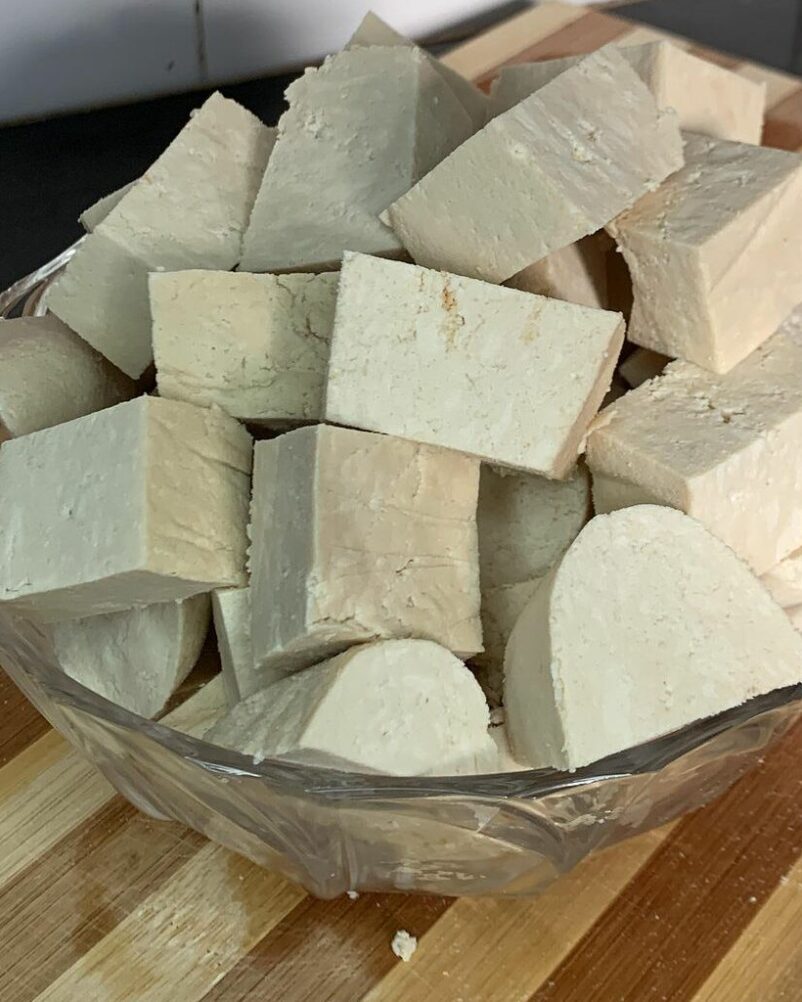
Textile workers and business associations claim Shein sends items in small packets to avoid paying import taxes.
After allegations from the regional textile union and industry organization that the fast-fashion retailer Shein may be abusing tax breaks to obtain an unfair edge in Africa’s most advanced economy, the South African government announced on Monday that it is looking into the matter.
A representative for the Department of Trade, Industry, and Competition declined to offer information on the probe, but he said that it was begun in response to concerns voiced by labor and business groups.
The allegations made by the South African organizations are similar to those made by American unions and manufacturers who assert that Shein and other Chinese shops are abusing a provision in American customs law that exempts them from paying duties on imports.
The investigation into Shein’s import tactics hasn’t been officially confirmed by the government until the South African investigation.
tightly held Shein, which was established in China but is now headquartered in Singapore, has grown to be one of the biggest online fashion retailers in the world by sending ultra-cheap goods from China directly to customers in more than 150 different countries. On Shein’s website, you can buy some gowns for less than $5 and women’s tops for as little as $2.
The National Clothing Retail Federation of South Africa and the Southern African Clothing and Textile Workers’ Union assert that Shein purposefully distributes its items in small packages of lower value to avoid paying import tariffs.
These taxes are in place to aid local businesses in competing with low-cost imports.
According to import records, the corporation appears to be taking advantage of a gap that was actually designed for individual consumers, according to Etienne Vlok, national industrial policy officer for the union. You don’t have to pay the same taxes as someone importing tens of thousands of clothes if your import is below a particular value threshold.
According to Mr. Vlok, Shein may be paying as little as 10% to 20% in taxes, which the South African government typically levies on imported apparel.
If that’s the case, we should consider a solution to close that gap, he said. “Shein doesn’t seem to be playing by the rules others are playing by,” says the author.
A representative for Shein stated that the business is dedicated to abiding by local rules and regulations of the markets in which it operates.
Similar worries about a regulation known as the de minimis rule have been voiced by organizations in the US, such as the Alliance for a Prosperous America, which is made up of US manufacturers and labor organizations. Companies are currently using this rule, which permits American travelers to carry duty-free items back from abroad, to avoid paying billions of dollars in tariffs.
As long as products are packaged, targeted to specific purchasers, and cost less than $800, the rule permits American stores that sell Chinese imports and Chinese businesses that sell straight to American consumers to escape tariffs.
The fact that Shein has very, extremely aggressive low price points is somewhat of a global phenomenon, according to Michael Lawrence, executive director of the National Apparel Retail Federation of South Africa.
“My membership is not the only one attempting to figure out how much aggressively low pricing points are possible.”
Content courtesy of The Wall Street Journal & NFH
Related




